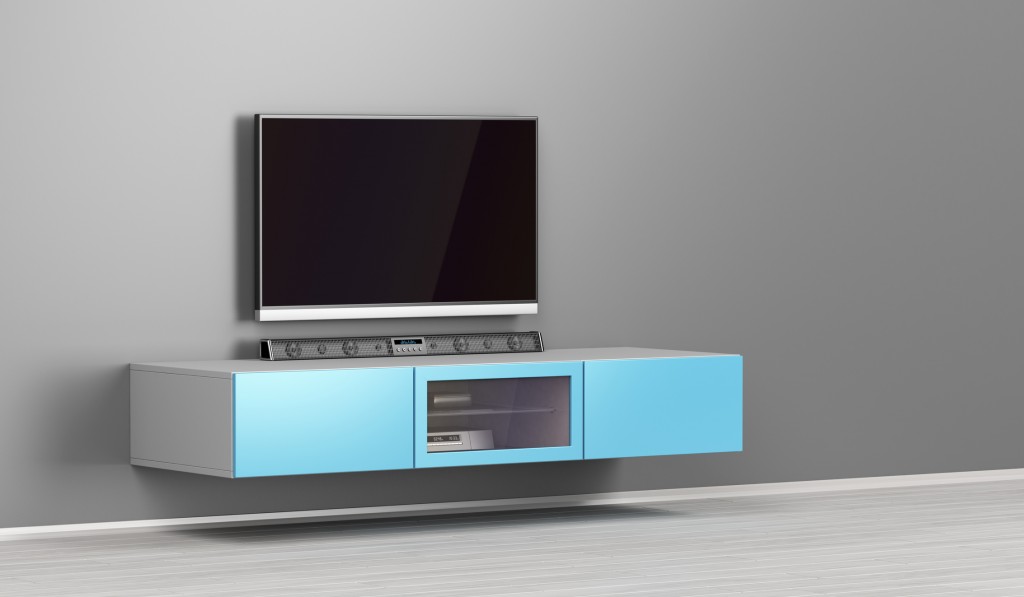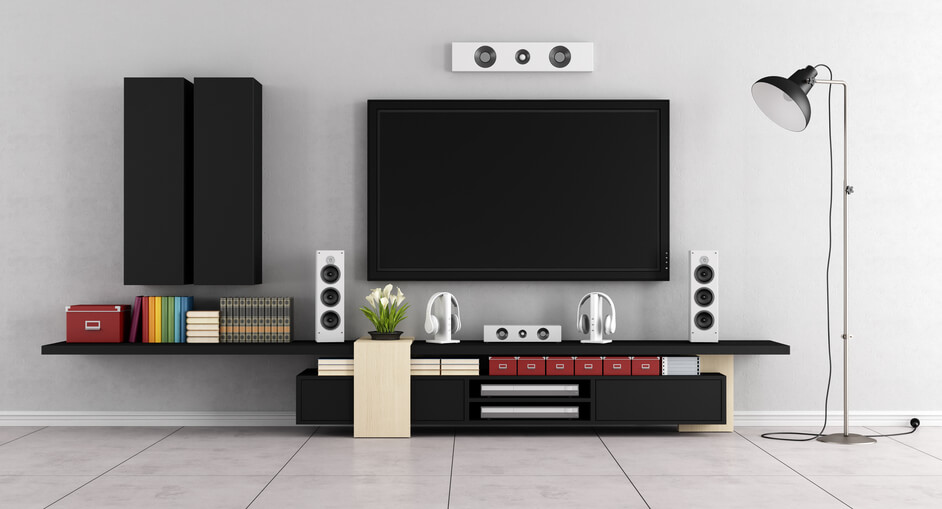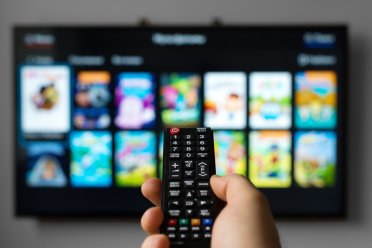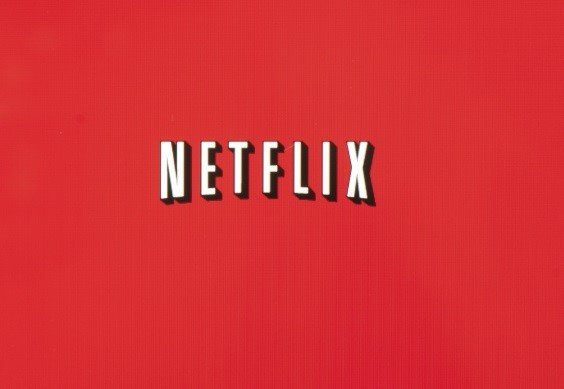Since the streaming revolution, the line separating the television from the computer has become more and more blurred. Computers were once used primarily for work, mathematical computation and logic, but now they’re used for games, streaming and a whole host of other entertainment. TVs, on the other hand, have gotten smarter – you can now conduct business Skype calls from a cheap smart TV, for example.
But where did it all start; was this happening before the popularity surge of Netflix, or is it something that happened later? In this article, we uncover everything about the computer take-over – including whether computers really are replacing TVs.
The Rise of the Computer
The rise of the computer as an entertainment device has been going on for a long time, from storing music, television and games, to the rise of the internet and social media.
The computer is considered by many as one of the greatest human achievements. It facilitates both work and enjoyment, as well as helping us to automate certain processes, thereby making us more efficient with the time we spend creating and doing. On the other hand, the internet and social media is also being blamed for our shortening attention spans as more people grow accustomed to bite-sized content.
The introduction of the internet and the connection it brings between people is probably what catapulted the computer into its current position. Social media and the ability to connect with people in new and creative ways means that people are making their own entertainment for each other, and the more that’s added to the internet, the more of an investment it becomes.
This is why televisions, much like phones, have started to incorporate some aspects of the computer into their design to stay relevant.

The TV Merges with the PC
In the face of Netflix, YouTube and Twitch, it became clear that television needed to get online if it was going to stay relevant. First, we’ll look at the benefits of streaming and why the modern television needs to be able to deliver streams to its users.
Streaming is fashionable, and this is in part due to a love of the internet and the idea that using it signals an individual as tech-smart and connected. More than just fashion, however, streaming is also incredibly useful – it sets viewers free from the dogmatic schedules of cable TV and encourages the weekend marathon that was previously reserved for boxset DVDs. There are also no adverts, so viewers can be enjoying their entertainment more concisely.
Another benefit of streaming includes the fact that being online, it doesn’t take up any space – unlike a huge collection of DVDs. The subscription is also monthly and extremely easy both to sign-up and cancel, which isn’t a luxury that most television package providers offer.
Before the Smart TV, we had things like the Fire Stick which plugged into the television to connect to the internet and start streaming. These sticks are USBs which essentially run an app on your television. The popularity of these gadgets made it clear to television developers that a TV which can stream like a PC would be a huge hit, and so the first Smart TVs were made.

Why the Computer will Never Replace the TV
It’s clear that people don’t want their computers to replace their televisions because people have been willing to seek out gadgets which can combine the two, like the Fire Stick. Most computers are also too bulky to keep in the living room; televisions have evolved to be beautiful flat screens that make the size of any modern PC and all its cables seem quite inelegant by comparison.
A smart TV has all the necessary apps you need to enjoy your favourite online streaming services form the comfort of your living room, without needing to plug-in a variety of USB sticks to get it to work. If you’re considering an upgrade to your screen, we recommend checking our latest 4K cheap TV deals.

You can be sure that television will continue to evolve and develop over the coming years. For years we’ve supplied cheap LED TVs and cheap 3D TVs, so you can be sure that we’ll continue to supply whatever comes next.


 My Cart -
My Cart - 






